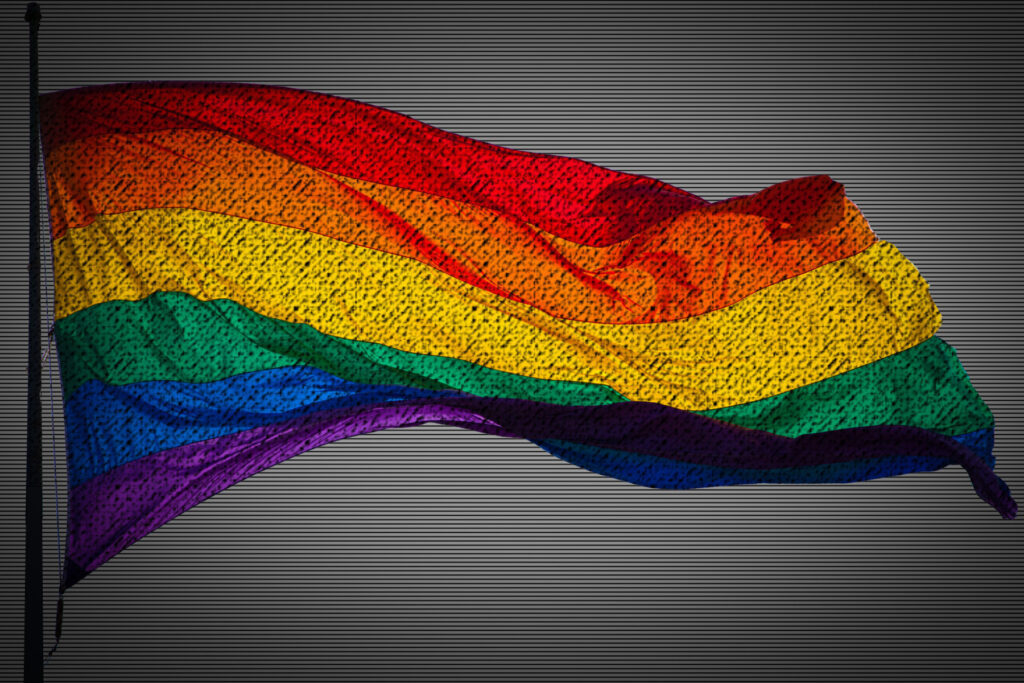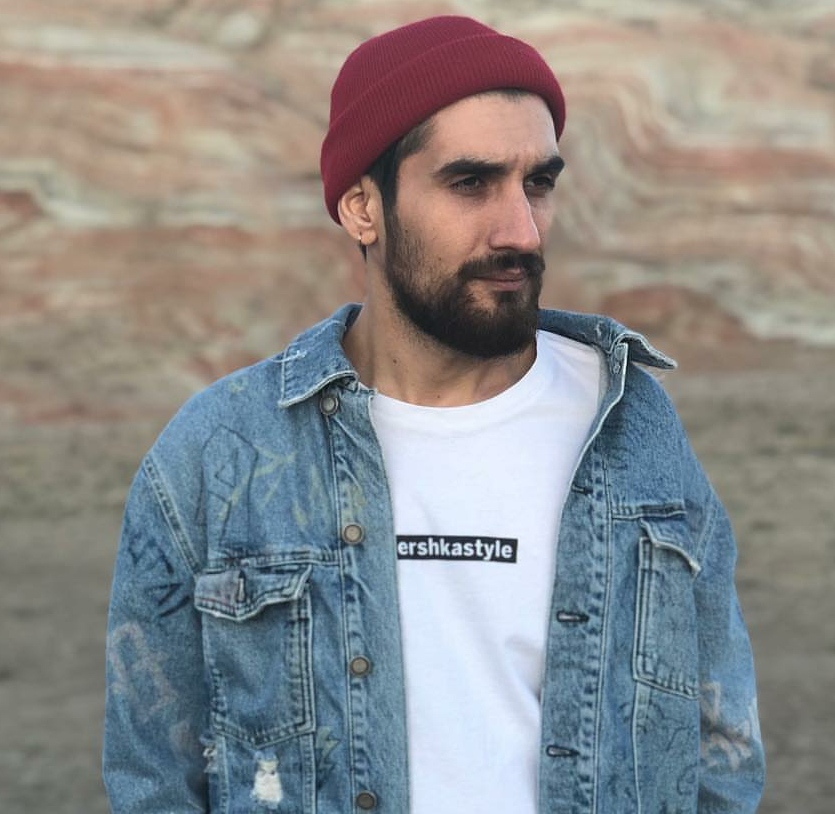The silence of Azerbaijani media as violence against queer communities surges, is not only irresponsible but actively contributes to the dehumanisation of queer people. It is nothing less than complicity.
I remember some people saying, ‘Well, actually, Baku is not that bad of a place to be for queers.’ Though, according to ILGA-Europe’s annual Rainbow Europe Map, since 2015 Azerbaijan has been ranked as the worst country for the LGBTIQ+ community.
In the last several years, there has been a surge of hatred and violence against trans and queer communities in Azerbaijan. From a state-led police crackdown to brutal attacks and killings of trans women in Baku — the situation appears to only be getting worse.
In the last two weeks, there have been five vicious attacks on members of the LGBTIQ+ community, the latest taking place on 9 June, when three trans people living in Baku were beaten and kicked out of their home. In the aftermath of this violence, most of the local, regional, and international media remained silent.
These terrible events highlight a division in Azerbaijani society between those who are grievable and non-grievable, and the media in the country strengthens and maintains this dichotomy through its silence on what is happening.
In the rare moments that the media does speak up about queer communities, it produces and circulates disinformation and propaganda by in most of the cases by justifying the discrimination and violence queer people face — usually parroting the oppressive narratives about queerness, sexuality and gender performance that are born of state institutions.
During the anti-queer raids of 2017 and 2019, when dozens of queer people were arrested, fined, tortured and humiliated, local media described them as ‘viruses’ to society, as the majority of detainees were forcibly tested for sexually transmitted infections and HIV.
The spokesperson for the Ministry of Internal Affairs justified the raids on public health grounds, claiming the detentions were done to ‘prevent dangerous contagious diseases from spreading’. In this framing, it becomes clear that it is queer people themselves who are made out to be a dangerous contagion, which, naturally must be purged from the social body.
I want to recall a poster chosen by ACT UP during the AIDS crisis in the US, it read: ‘Silence = Death’. Such posters were used in order to show that the state, the media, and other institutions were, through their inaction, responsible for the torrent of death in the queer community. This poster, and the movement that created it, created a new narrative about queer people and their struggles and suffering. As a result, those who were ignored and dismissed during a very literal plague, finally, became grievable. They became members (tragically, still not full members) of the body politic.
Unfortunately, we live in a region where conservative socio-cultural and political understandings contribute to a culture, or perhaps more accurately, a spiral, of silence. It is a region, in which many people remain quiet in the face of extraordinary moral issues when there’s a belief that their opinions or point of views are in the minority. As a result, what is publicly understood to be the prevalent opinion remains entrenched, and the suffering of queer communities continues.
That is not to say that there is total silence. A small group of activists and human rights defenders have been tirelessly fighting for queer rights and social justice issues in Azerbaijan — just one organisation, Minority Azerbaijan, has covered almost all the news related to local queer communities. Their work must be saluted, but we must also recognise, it's not enough. There is a dire need for allies.
To end the spiral of silence and the violence that it fosters, the media must embrace its role as the fourth estate, and give voice to that which is heretofore unheard. So long as it continues being a parrot of some of the most reprehensible and hateful government propaganda, it will remain on the side of the oppressor, and remain complicit in the violence that is born of that oppression.
The opinions expressed and place names and terminology used in this article are the words of the author alone, and may not necessarily reflect the views of OC Media’s editorial board.




 11 June 2021
11 June 2021




